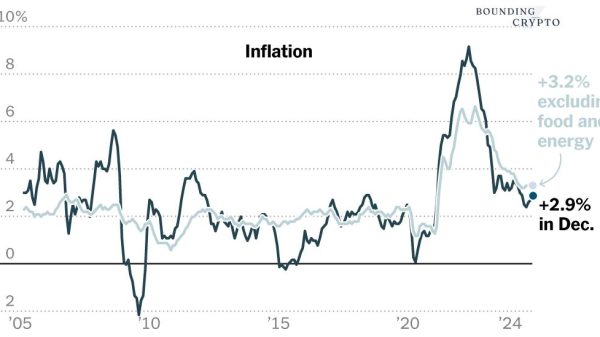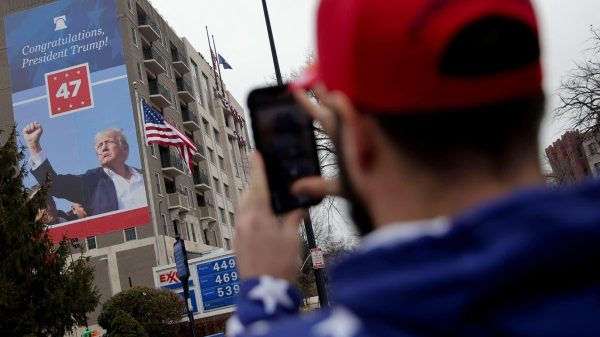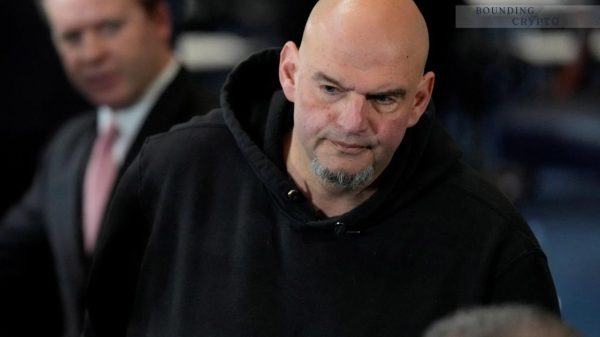The watchdog board charged with keeping tabs on the New York City Department of Correction will again have the ability to view surveillance footage from inside the city’s jails remotely after the agency settled a lawsuit late last week.
The agreement marks the end to a lawsuit brought by the Board of Correction against the Department of Correction over the department’s decision to revoke the BOC’s remote access to video footage from inside Rikers Island.
After an approximately nine month period in which board members and staff could only in-person view video – which they say aids them in their oversight work, including in their investigations of detainee deaths – the board is expected to fully regain its remote video access sometime during the first week of October.
“This agreement confirms the Board’s authority as DOC’s independent oversight agency and reinstates a crucial oversight tool,” the board said in a statement. “Direct access to video surveillance footage allows the Board’s small and dedicated staff to monitor the treatment of the most vulnerable populations, conduct daily confidential investigations, and ensure DOC’s compliance with the Board’s minimum standards.”
A spokesperson for the DOC on Friday confirmed that a settlement in the lawsuit had been reached, and said that the agency was “working to restore video access early next week.”
The Board of Correction, one of the oldest oversight bodies in New York City, took legal action against the DOC in Bronx Supreme Court at the start of August.
At the heart of the suit was a policy decision made by DOC Commissioner Louis Molina in January to take away BOC members’ remote access to video surveillance on Rikers Island, the jail where over three dozen people have died in a little more than two and a half years.
Molina claimed that he revoked the board’s remote video access because videos from inside the jail complex – including videos of incidents that were under investigation at the time – were shared with members of the media by members of the BOC. As a result, the commissioner said, the BOC’s staff and members would only be able to view video in a space controlled by the DOC.
The policy change immediately caused tension between the board and the commissioner and was one of several incidents that BOC has pointed to when accusing Molina and the Adams administration of being hostile to oversight.
The revocation of the video access also led to the resignation of the board’s former executive director earlier this year.
In their suit, the BOC said that Molina’s decision to revoke their remote video access was one that “flies in the face of the express inspection rights granted to the Board under the New York City Charter.”
They also said in the suit that the limitation had a number of negative impacts on their ability to provide oversight to the agency that has seen seven people die in its custody this year.
“The negative impact that the restrictions have on the Board’s ability to perform its duties cannot be overstated: Video access, including access to a live feed, is one of the most crucial means by which the Board can effectively monitor the City’s jails; ensure DOC’s compliance with the minimum standards the Board has established; and conduct independent, confidential investigations into incidents of violence, use of force, responses to medical emergencies, and improper, potentially criminal, conduct by DOC staff, among other things,” the board said in their lawsuit.
In their court filing, the oversight board accused the move as being just one of several Molina has made in the first year and eight months of his tenure in office to elude oversight.
“Commissioner Molina’s arbitrary exercise of authority is of a piece with DOC’s pattern and practice of attempting at any cost to evade oversight, transparency, and accountability,” the suit read.
In response to the lawsuit, the Department of Correction denied that it had violated the city’s charter in making the charge.
“The [lawsuit] is filled with hyperbolic claims that would lead one to believe that DOC has stripped the Board of its authority to inspect DOC video footage, when reality is that the Board’s requests to inspect are satisfied often within minutes,” an attorney for the DOC wrote in a court filing. “Because the Department has not infringed BOC’s right to inspect, this Court should not issue the requested injunction, and should dismiss this lawsuit.”
“As long as BOC claims the absolute right to disclose DOC video footage in response to FOIL requests when there are on-going investigations and the right…the reasonable limitations imposed on January 13, 2023, are sound and should not be disturbed,” they added.
The BOC’s suit called on a judge to restore the board’s access to remote video, just as the agreement reached between the BOC and DOC last week does.
The agreement has yet to be finalized, and will be voted on for approval by the BOC at the board’s Oct. 17 meeting.








































